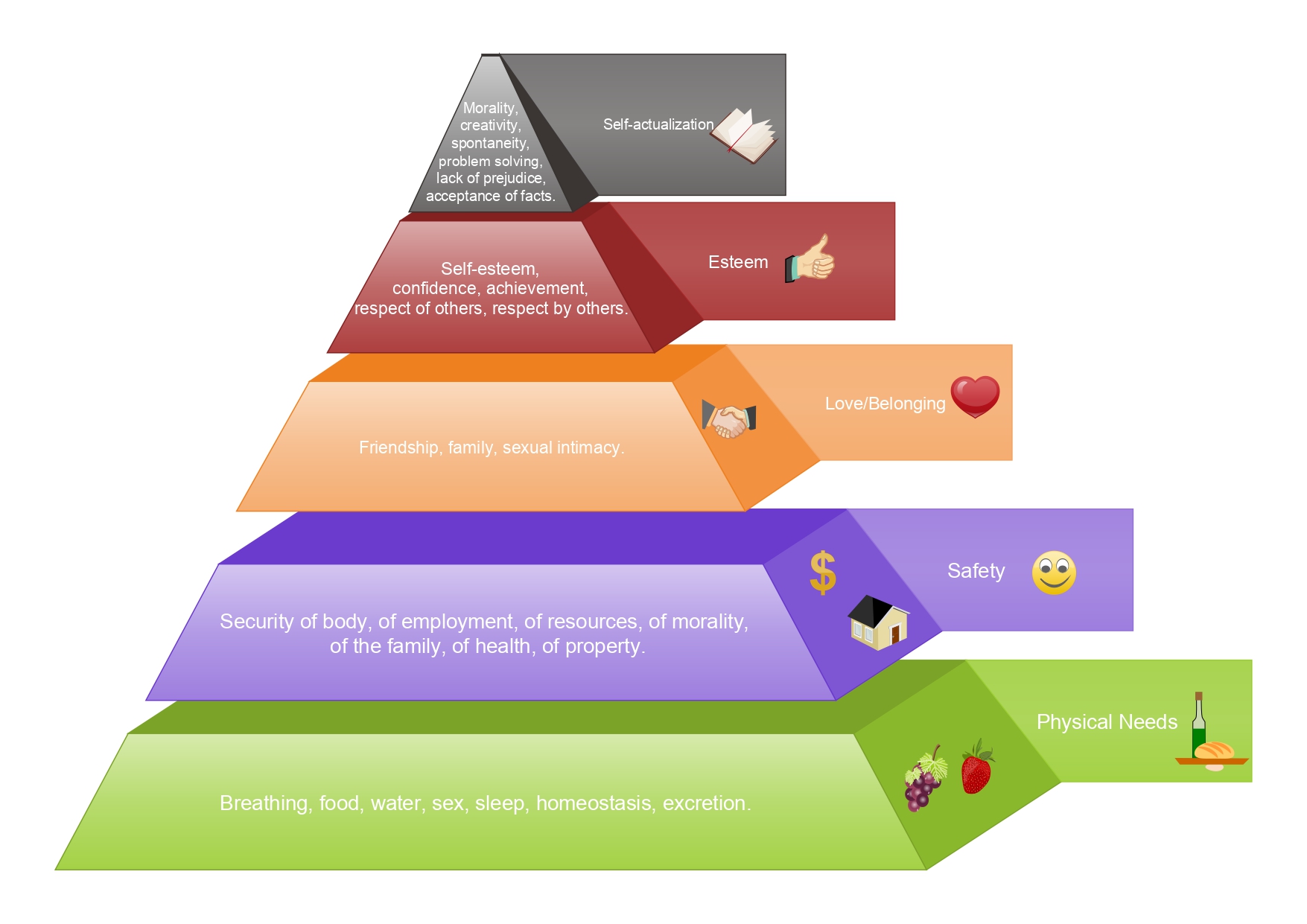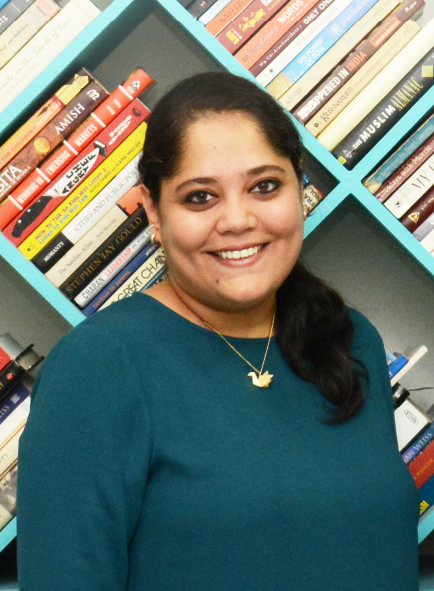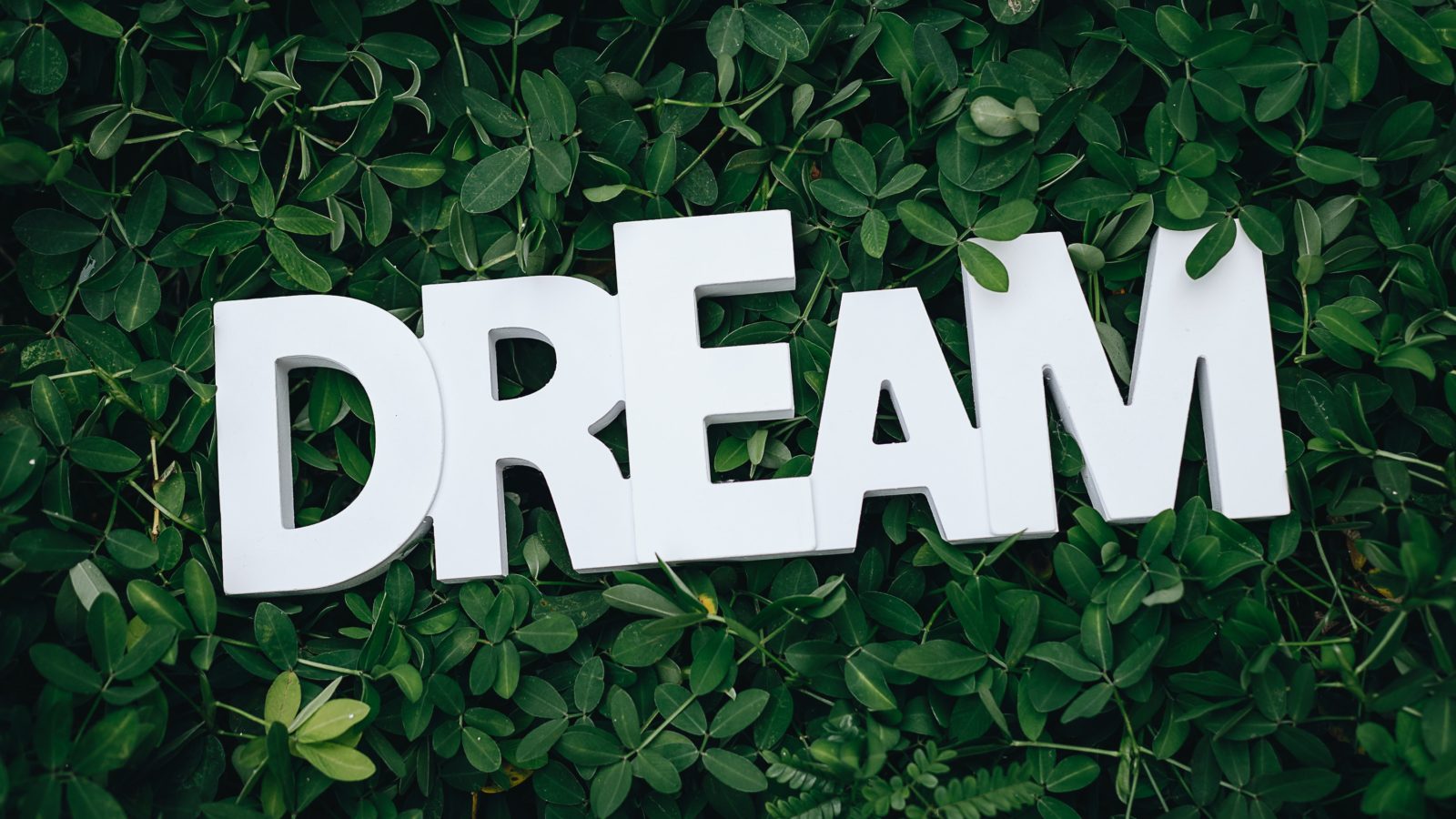Abraham Maslow’s hierarchy of needs is a motivational theory in psychology comprising a five-tier model of human needs, often depicted as hierarchical levels within a pyramid.
Needs lower down in the hierarchy must be satisfied before individuals can attend to needs higher up. From the bottom of the hierarchy upwards, the needs are: physiological, safety, love and belonging, esteem and self-actualisation.

In 1943, Maslow initially stated that individuals must satisfy lower level deficit needs before progressing on to meet higher level growth needs, where the motivation decreases when the deficit needs are fulfilled while the motivation increases as growth needs are met.
However, he later clarified that satisfaction of needs is not an “all-or-none” phenomenon, admitting that his earlier statements may have given “the false impression that a need must be satisfied 100 per cent before the next need emerges”
The Four by Scott Galloway describes the “T- Algorithm” or the eight key factors that a company must have to become a trillion dollar company. The author says that one of the factors would be adopting the vast changes in processes formulated by the Big Four—Amazon, Facebook, Apple and Google, and most likely avoid being a direct competition to these companies.
What makes these four tech giants what they are today? I believe what they have done is found a way to tie their products to our most basic and universal human needs. While discussing the book, I quickly realised that The Four basically cater to hierarchies from the Maslow’s Theory.
1. Physiological Needs: These are the basic human needs of food, water, shelter, materialistic needs and Amazon feeds us with anything we may need—be it food, clothing or technology.
2. Safety and Belongingness Needs: The second and third need from the bottom of the hierarchy upwards is our safety and social/belongingness needs. Facebook is our gateway to human communities, friends and family. Facebook has the most digital consumers socially connected in one digital space, ever in history: one-sixth of the world’s population.
3. Prestige Needs: The second last level of the theory suggests our needs for prestige, fame and social status. Apple gives us sex appeal through its lush products, which are unjustifiably expensive for what they do. Apple is the most profitable company of all time.
4. Self-Actualisation Needs: The need to find our purpose and be closer to God. Well, Google is God and has answers to all our questions.
This automatically makes us dependent on The Four for our basic and universal human needs. Apple has become the first Trillion Dollar Company as of August 2018. Here are some factors listed by Galloway needed for a company to reach the Trillion Dollar mark, which have been seamlessly adopted by these companies.
* Global Reach and Visionary Capital: Amazon’s success lies in scale. They have created a market of users that are now dependent on Amazon to be their one-stop shop for all basic needs being delivered to their doorstep at their convenience. Although Amazon has created many job opportunities, their ultimate goal is automation and robotics which eventually wipes out the need for any human intervention.
* Product Differentiation and Vertical Integration: Apple is a classic example of this. They have created a differentiation and superiority in the mobile phone and electronic gadgets market. Apple products are associated with status and sex appeal. They also have control over their entire product process—from conception to distribution.
* Geography and Positive Image: Apart from being omnipresent and the solution to all our problems, Google offices are strategically located close to top American universities and Ivy League schools, giving them access to the brightest talent available in the market.
* Artificial Intelligence: This is one of the major contributing factors to Facebook’s success. This allows them to have insider knowledge about consumption patterns that competitors do not have. They are able to use predictive analysis to analyse vast amounts of consumer data.
While these four companies have improved our overall standard of living, made our day-to-day lives convenient and created many job opportunities, there are always two sides to a coin.
The Four have infiltrated our day-to-day lives to such a large extent that chances are that you will at least use one of the four products during the course of your day. We are willing to pay the price with our data because of the convenience that these products have provided us.
In today’s times of information overload it is however equally important to unplug and recharge. While these applications allow us to stay connected with the rest of the world, sell our goods online to a global market and eliminate any kind of geographical constraints personally and professionally, the ease of communication has improved but our lives have become more impersonal as a result. Plenty of studies have found correlations between higher social media/internet use and poorer mental health, including depression, anxiety, feelings of loneliness and isolation, lower self-esteem, and even suicidality.
According to a study by The University of Pennsylvania, people who limit their social media use to 30 minutes felt significantly better after a three-week period, reporting reduced depression and loneliness, especially those who came into the study with higher levels of depression. Interestingly, groups reported less FOMO (Fear of Missing Out) and less anxiety in the end, which the team suggests may just be a resulting benefit of increased self-monitoring.
A study published in The Lancet Psychiatry found people who spend the night checking social media are more likely to suffer from mood problems such as neuroticism and bipolar disorder, and rate themselves as less happy and more lonely.
A common GIF making the rounds these days has added Free Wifi to the physiological needs in Maslow’s Theory. While we must be aware and acknowledge risks of over-indulgence in these apps, we also should be accepting of their potential to help people, if used moderately.
Bill Gates, the founder of Microsoft said, “My children, will of course, have a computer, but the first thing they will get is books.”
So do take that time out, recharge with a book maybe, limit and monitor your social media consumption and strike that online-offline balance. As Arianna Huffington rightly said, “Disconnecting from our technology to reconnect with ourselves is absolutely essential for wisdom.”


